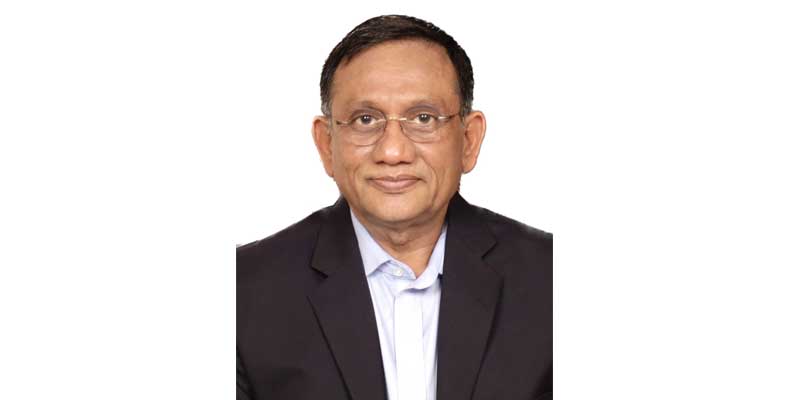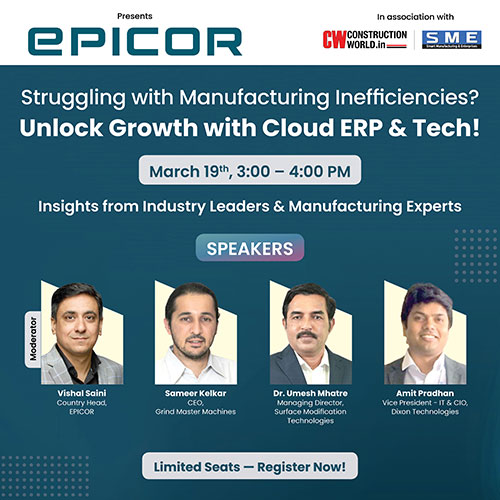Schedule a Call Back
Using technological advancements and managing disruption
 Articles
Articles- Mar 01,19

Related Stories
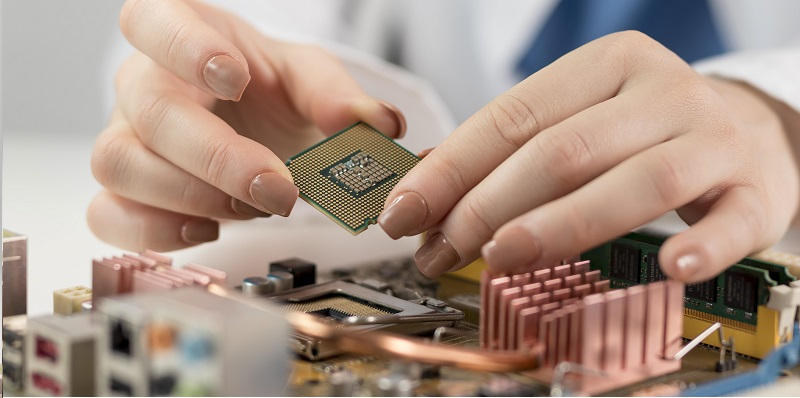
Japanese firms eager to invest in India’s semiconductor sector: Deloitte
In July, Japan joined the US as the second Quad partner to sign a memorandum of understanding with India, focusing on collaborative development in semiconductor design, manufacturing, equipment rese..
Read more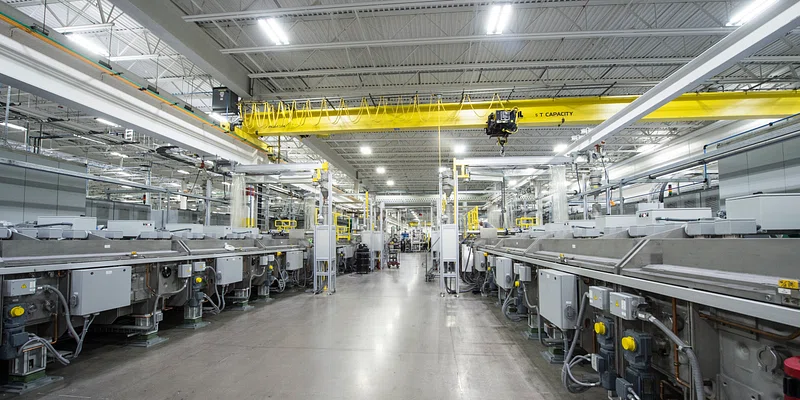
Experts advocate for major reforms to attract manufacturers to India
They suggest that now is the time for substantial policy reforms to enhance India's manufacturing sector.
Read more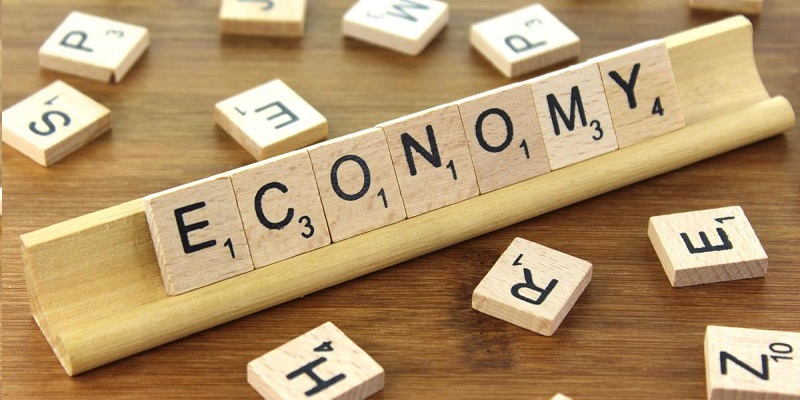
Indian economy estimated to grow 7-7.2% in FY25: Deloitte
The Indian economy grew at 8.2% in the 2023-24 fiscal year.
Read moreRelated Products
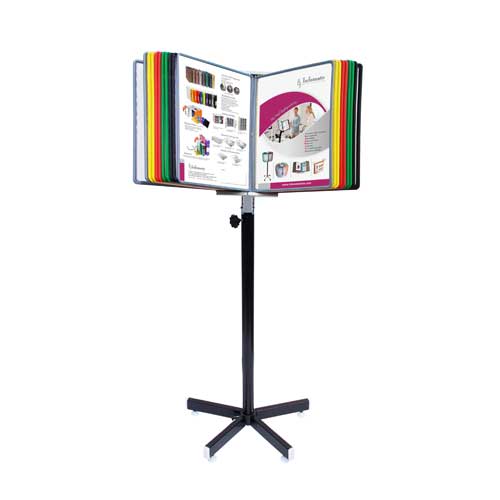
Dna of All Information
Roto Leaner Technology Pvt Ltd manufactures a complete range of display solutions.
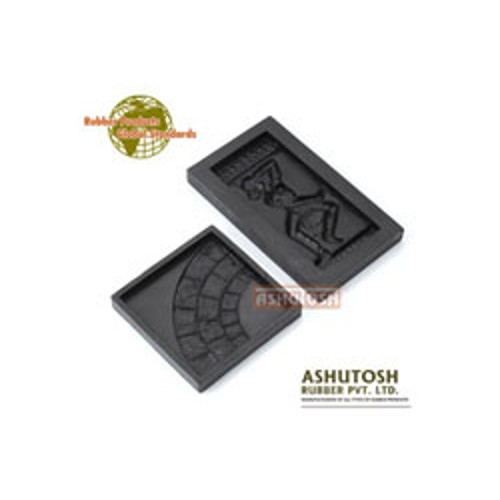
Standard Series Stations and Enclosures
Esbee
Industrial Combines/Esbee Electrotech LLP offers standard series stations and
enclosures.
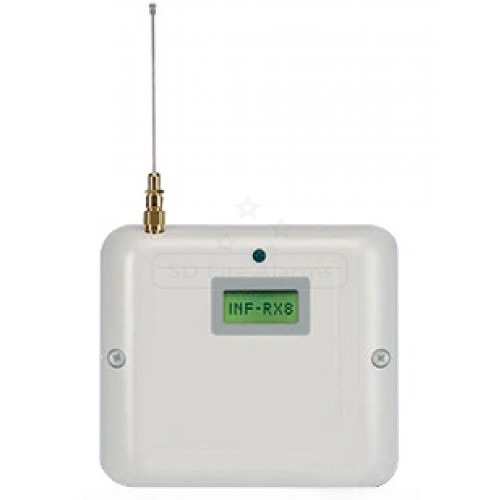
Fire Alarm
Safe Zone is prominent traders and suppliers of the industry, offering a wide range of wireless fire alarm.
Read more





